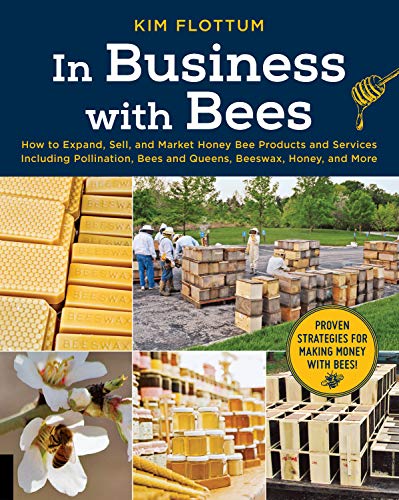
Long before there was Google or eBay or YouTube and while Mark Zuckerberg was still in grade school, business writer Don Tapscott penned a best-selling book titled "
The Digital Economy" predicting that the "Internet" many people took for a passing fad or geekish novelty was destined to become a major driving force in the world economy.
Twenty years later, we live in the world Tapscott prognosticated, where institutions like newspapers, the post office, libraries and even banks are having to question their role in society and the "mass media" of just a decade or so ago now seems improbably small and even irrelevant.
On the 20th anniversary of its publication, "The Digital Economy" has been republished in a new edition for which Tapscott has produced introductory essays for each of the book's twelve chapters, discussing what has changed since the first edition.
The Internet is becoming a new mode of production that changes the way we orchestrate capability in society to innovate, create goods and services, and even create public value," Tapscott notes in an essay preceeding the original Chapter 1. "The most important assets are contained in the crania of knowledge workers. The most effective work systems are social and collaborative, and increasingly thoughtful people everywhere understand that an economy based on greed is not only unworkable, it threatens the planet."
While much of the book is centered on corporations and their responses to new economic paradigms, it also offers plenty of insights and suggestions for small businesses and independent producers and social agencies and consumers who stand to gain from or suffer under this evolving economic model.
"The social world is transforming the way we create wealth, work, learn, play, raise our children, and probably, the way we think," Tapscott points out. As with changes in the climate, the choice is either to adapt or be overwhelmed by this transformation.
Rethinking Promise and Peril in the Age of Networked Intelligence
by Don Tapscott
McGraw-Hill, 2014
Selling Points Archive
Book Stall
Outrider Reading Group
Book Search





